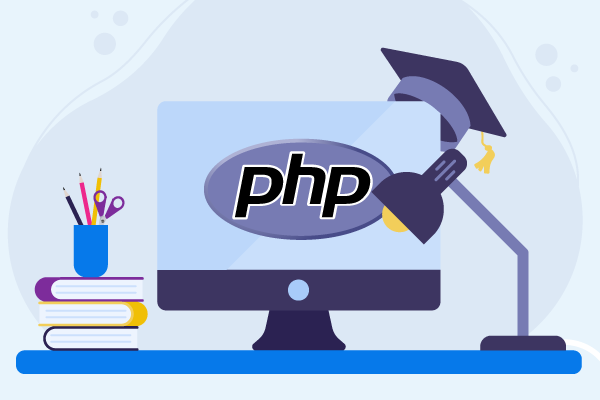News Blast: Your Daily Dose of Insight
Stay updated with the latest news and insightful articles.
PHP: Where Code Meets Coffee and Chaos
Discover coding tips, crazy stories, and the perfect coffee brews that fuel the chaos of PHP programming! Dive in now!
Understanding PHP: A Beginner's Guide to Code
PHP (Hypertext Preprocessor) is a widely-used open-source server-side scripting language that is especially suited for web development. It allows developers to create dynamic content that interacts with databases, making it a powerful tool for building websites and applications. As a beginner, understanding the fundamentals of PHP is crucial, as it provides the backbone for many popular content management systems, like WordPress, and e-commerce platforms, ensuring you have the skills to manage and expand your online presence effectively.
To get started with PHP, you should familiarize yourself with its basic syntax, which includes variables, operators, control structures, and functions. Here are some key concepts to grasp:
- Variables: Used to store data, which can be numbers, strings, or arrays.
- Control Structures: These include
ifstatements and loops that allow for conditional execution of code. - Functions: Blocks of code designed to perform specific tasks, helping you write cleaner and more efficient code.
By mastering these essentials, you'll be well on your way to harnessing the full potential of PHP in your projects.

Brewing Better Code: Best Practices for PHP Development
When it comes to PHP development, adhering to best practices is essential for creating efficient, maintainable, and scalable code. One critical best practice is to utilize version control systems, such as Git, which help you manage changes, collaborate with other developers, and keep a history of your code. By organizing your code into well-structured directories and using a consistent naming convention for files and variables, you can enhance readability and simplify the debugging process. Consider implementing an organized folder structure:
- src/ - for source code
- tests/ - for unit and integration tests
- resources/ - for configuration files and assets
Another cornerstone of effective PHP development is the use of design patterns. Patterns like MVC (Model-View-Controller) and Singleton can significantly improve your application's architecture and make it easier to manage in the long run. Additionally, embracing code readability through consistent formatting and comprehensive documentation can save you time and frustration when revisiting your code. Remember, commenting your code is key, as it helps you and other developers understand the purpose of intricate sections of code, ultimately fostering better collaboration and maintenance.
Coffee Break: FAQs About PHP and Web Development
When it comes to PHP and web development, several questions frequently arise among both beginners and seasoned developers. Understanding essential concepts can significantly impact the quality of your web applications. Here are some common FAQs:
- What is PHP? PHP stands for 'Hypertext Preprocessor' and is a popular server-side scripting language used to create dynamic web pages.
- Why should I use PHP for web development? PHP is widely used for its flexibility, ease of integration with HTML, and robust community support.
Another common concern is about the performance and security of applications built with PHP. Developers often ask:
Is PHP secure for web applications? While PHP has its vulnerabilities, implementing best practices like using prepared statements and keeping your PHP version updated can help secure your applications effectively.
Remember, knowledge is crucial in web development; utilizing resources and communities can also enhance your PHP skills.